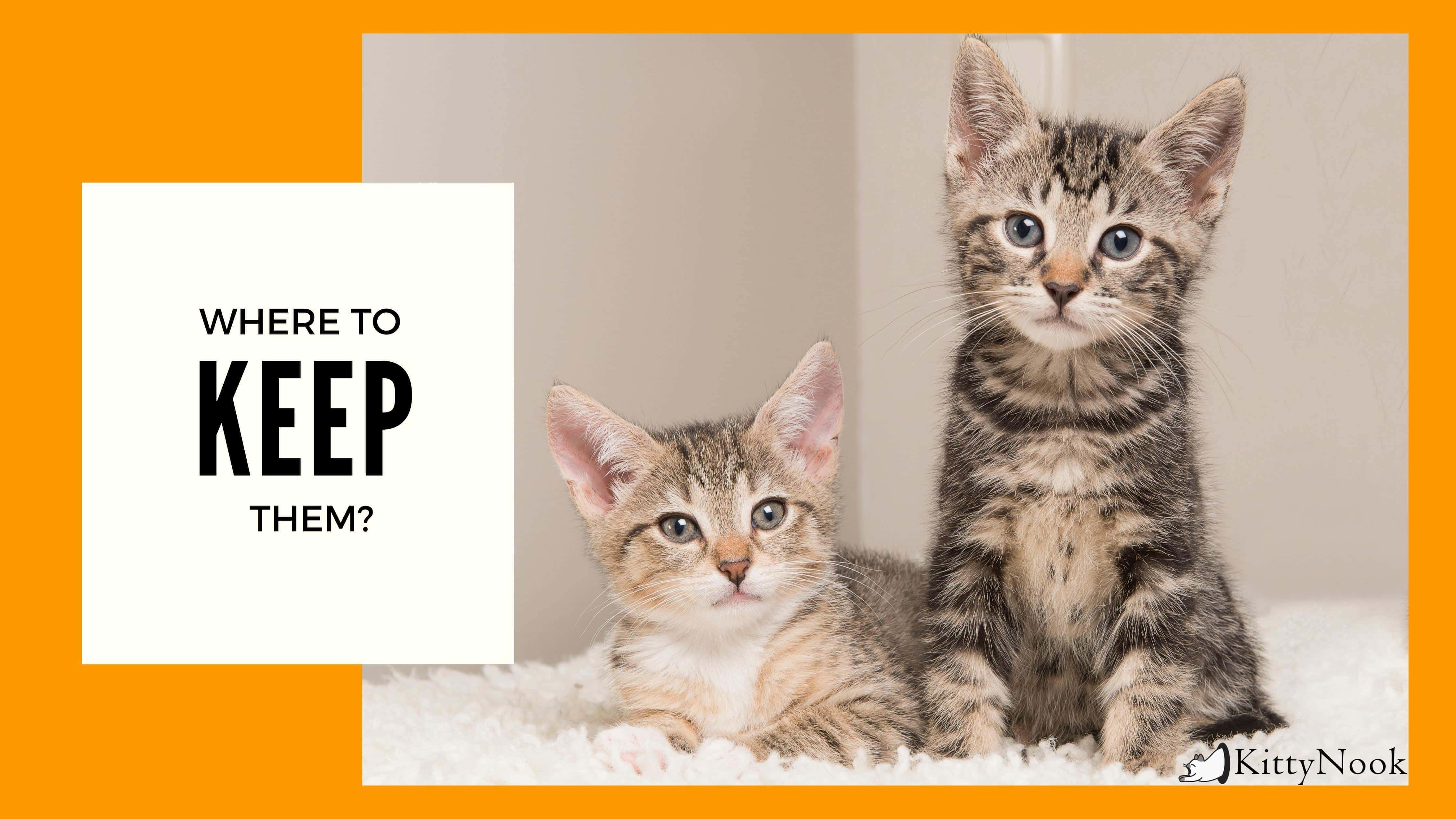Let us be upfront in saying that the consensus among veterinarians and organizations like the American Veterinary Medical Association (AVMA) is that it's wiser to let cats stay indoors.
Dr. Jane E. Burnt noted that an indoor lifestyle is much safer for a cat, especially considering the potential dangers of outdoors. Indoor cats have much lower chances of getting hurt or becoming ill from outdoor hazards.
As evidence of this, indoor cats generally live longer than their outdoor counterparts. Cats kept indoors can reach the ripe adulthood of up to 17 or more years, whereas outdoor cats live up to about just 2 to 5 years in general. One more reason for indoor cats' life longevity is that it's easier for their owners to spot health problems early before becoming life-threatening.
Cats can live indoors very happily, especially if they've been inside since they were kittens. However, they do have some particular requirements. As they don't have access to an outside environment, owners should ensure their indoor cats are stimulated and still lead a mobile lifestyle.
Here are some tips to give your domestic cat all that it needs for its health and happiness.
Provide the proper equipment
There are a couple of things that your cat needs, whether or not they go outside. These are the basic needs like food, water bowls, and a litter tray. If your cat lives solely indoors; however, there are a couple of more belongings you may have to supply for its health and happiness.
A scratching post will help to exercise your house cat's claws (and may keep them from scratching the furniture!). They might also enjoy a variety of toys to enforce stimulation. Indoor cats ideally should have access to most of the house, not just a little part, as being confined to a singular play place may bore them.
Boost their exercise
If your cat lives indoors, they're likely to be less active than their outdoor counterparts. This is because outdoor cats will spend much of the day climbing and hunting, whereas indoors cats have fewer opportunities for these activities.
If your cat fails to get an adequate amount of exercise, they're more in danger of gaining weight. An overweight cat is more likely to develop weight-related health conditions. To encourage an active lifestyle for your indoor cat, be sure that you play with them regularly. Go for games that involve running, pouncing, and chasing. Additionally, make sure that their food portions are suitable for their activity levels.
Let them safely experience the outside world.
Even if your cat can't go outside, they'll enjoy experiencing the outdoors. Just make sure they are doing so in a safe way. Your cat needs access to a windowsill or something similar, as many indoor cats wish to perch safely and take a peek out the window.
Putting window guards will make it possible to open your windows so your domestic cat can enjoy the sights, sounds, and smells of the outside.
Ultimately, the choice of whether to get an inside or outdoor cat is up to you. Most vets will recommend keeping your cat indoors, but if you prefer your cat to remain outdoors for whatever reason, be certain that your pet is safe by maintaining vaccinations, parasite prevention, and bringing your outdoor cat indoors every night.
Keep in mind that it's much easier to train an inside cat to an outside cat than the other way around. Once cats have had that first taste of freedom, it becomes especially hard to get them to become an indoor cat.





















